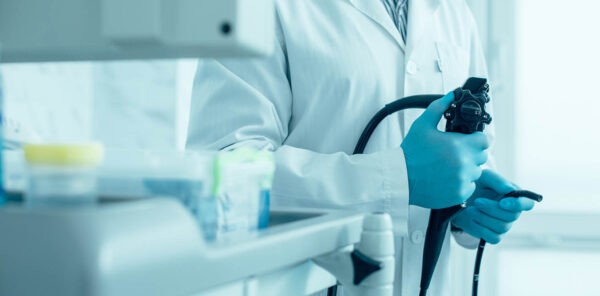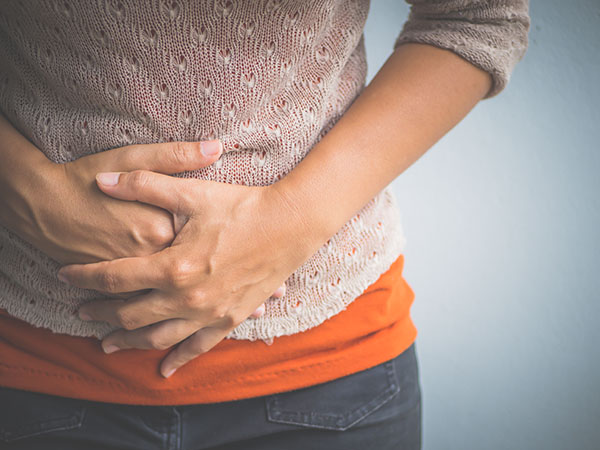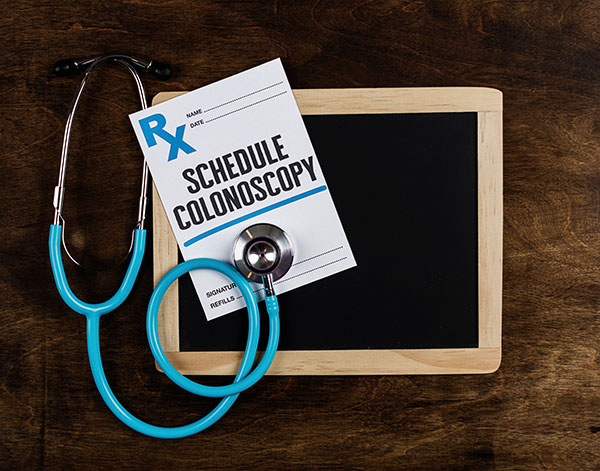Cincinnati GI Patient Newsletter – November 2024

November 2024
Ohhhh…Thanksgiving Bloat
A bloated belly is no surprise after the turkey, stuffing, potatoes, and pie that signify Thanksgiving. Bloating occurs when gas, liquid, or digested food causes your belly to expand. If loosening your belt for awhile takes care of it until the next celebration, you probably have no reason to worry.
But if you’re among the one in seven American adults who experience painful bloating on a weekly basis, you have a right to be concerned. Symptoms of chronic bloating include:
- Piercing abdominal pain or a sense of pressure
- Measurable swelling
- Belching or passing gas without a sense of relief
- Constipation
If these symptoms occur for you on a regular basis instead of just special occasions, it might be time to contact a gastroenterologist to diagnose the cause and discuss remedies. In the meantime, learn what you can do reduce your symptoms – some of them may surprise you!
![]()
Turning 45? Time for Your First Colonoscopy
When it comes to colonoscopies, 45 is the new 50. New medical research concludes that men and women of average risk should undergo their first colonoscopy screening for colorectal cancer at the age of 45. People at higher risk might be advised to go earlier.
We know. There are plenty of things you’d rather do for a day than prepare for a colonoscopy. But the result is worth the inconvenience. The rate of colorectal cancer among people ages 45 to 49 has been rising about 2% a year since 2000, and people younger than 50 now account for nearly one in 10 cancers.
A colonoscopy looks for abnormal cell growths before they develop into cancer. Many of these growths are called polyps. Most are harmless and slow growing. If your doctor finds a polyp during the procedure, it will be removed before it becomes troublesome.
Preparing for your colonoscopy begins several days before the screening, with gradual diet modifications. Learn more about what to expect.
![]()
How AI helps detect polyps and lesions in colon
For years we’ve heard about the potential impact of artificial intelligence (AI) on our daily lives. It’s defined as the ability of a computer or robot to perform tasks that are typically associated with human intelligence.
At CGI, artificial intelligence has helped detect polyps and lesions during colonoscopy screenings at our Anderson Endoscopy Center since 2022.
Known as the GI Genius, this smart technology analyzes what our endoscopists see during colonoscopies and flags any abnormalities that deserve a closer look. Read more about AI’s game-changing capabilities.
![]()
Quicker Turnaround on Biopsy Results with Digital Pathology
 It used to be if your doctor took a biopsy, your results would take several days to be available. Now, thanks to digital pathology at Cincinnati GI, your results are available faster. That can mean less waiting for patients who are eager for their results, and the ability to begin treatment sooner.
It used to be if your doctor took a biopsy, your results would take several days to be available. Now, thanks to digital pathology at Cincinnati GI, your results are available faster. That can mean less waiting for patients who are eager for their results, and the ability to begin treatment sooner.
Additionally, digital pathology offers superior resolution and higher magnification, 40x max for a microscope compared with digital’s 140x max with higher resolution
Cincinnati GI is one of the first physician groups in Ohio to provide patients with this cutting-edge technology, says Medical Director of Pathology Stephen Eliason, M.D. “Every small step contributes to better patient care,” he says.
At Cincinnati GI, we prioritize state-of-the-art technology and cutting-edge treatment options for our patients. Make an appointment today.
![]()



